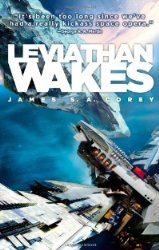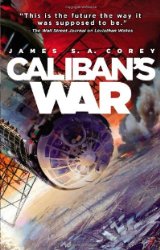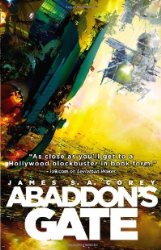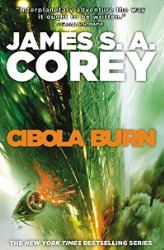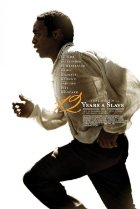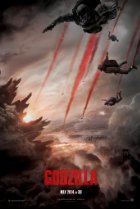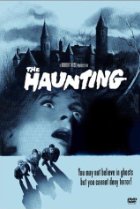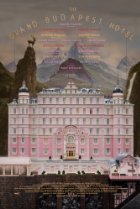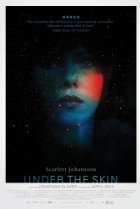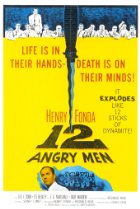In January, I read two books: Ghost Bride by Yangsze Choo and Annihilation by Jeff VanderMeer. I read the first one for a book club I never actually attended, and the second one just because it was supposed to be good. It’s an unnerving book, almost certainly by design, but I’m currently reading Authority, the second book in the “Southern Reach Trilogy,” so it’s probably safe to assume that I liked it. (Ghost Bride was okay, too.)
In January, I saw seven movies: The Trouble with Harry, The Apartment, Fiddler on the Roof, The Sunshine Boys, Our Man Flint, That Guy…Who Was in That Thing, and Obvious Child. I think the last was my favorite, although Fiddler has some wonderful moments, thanks largely to the central performance by Tevye, and Shirley MacLaine is a (surprising) radiant delight in both Harry (which isn’t Hitchcock’s best) and Apartment (which is great but takes a weird hard turn near the end). Flint is often fun, but was probably better in the ’60s, when the Bond movies it parodies were new. That Guy…well, it certainly has a lot of those guys in it. It’s not really a documentary, much less a compelling one, but it is overstocked with a lot of recognizable and talented character actors, so you can almost forget its lack of real depth for about ninety minutes. Sunshine Boys was the most surprising, because I though I would enjoy it a lot more than I did. It felt fairly dated, and while Matthau and Burns give very good performances, the gist is often, “Hey, these two guys sure are old, huh?” (Burns weirdly reminded me a little of my own grandfather in a couple of scenes, which is not something that occurred to me when the two of them were both alive.)
In January, I read about forty-two short stories. I say about because one of them I actually listened to at an author reading, and because I’m reading stories for both my ongoing fiction class and my web zine, neither of which I’m tracking. I think these were my favorites of the ones I am:
- “I Can See Right Through You” by Kelly Link (McSweeney’s)
- “Vacui Magia” by L. S. Johnson (Strange Horizons)
- “Returned” by Kat Howard (Nightmare)
- “Cat Pictures Please” by by Naomi Kritzer (Clarkesworld)
- “Covenant” by Elizabeth Bear (Hieoglyph)
In January, I went to a number of meet-ups and events, skipped out on a few more, saw The Gentleman’s Guide to Love and Murder on Broadway, and attended a number of sessions of my online writing course. The course is going well, I think. We unexpectedly skipped last week, so it’s been a little while.
In January, I listened to some music:
In January, I sold another short story, a flash piece, which I’ll link to when it publishes. (This month, I hope!) This marks the third story I’ve sold in about as many months, which is nice. More rejections than that, and more stalled stories than not, but that’s par for the course.
Anyway, that’s more or less be my January.
